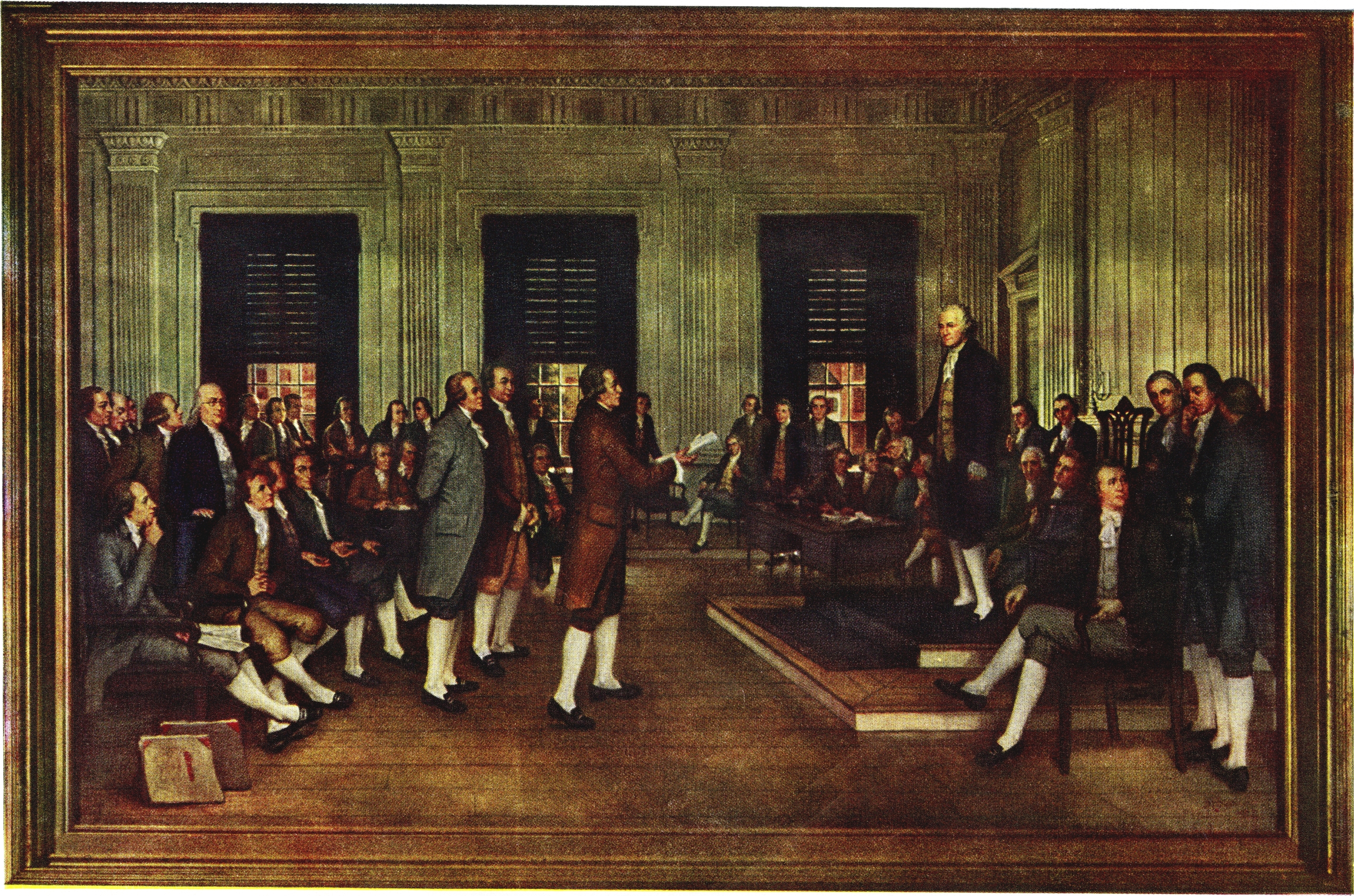
The U.S. Constitution has recently become a hot-button issue in the presidential campaign, and the educator in me thinks it appropriate to refresh ourselves as to what the Constitution actually says and stands for.
As with any discussion, it is important to be clear about the parameters and guidelines that frame it. By this I mean that the only restriction as regards immigration status in the Constitution is that the U.S. president must be natural born. And that’s it.
This means that within the American psyche and indeed the American experience, immigrants born elsewhere who earn their citizenship are no less American than those of us who can trace our families back to the Mayflower, whose ancestors were brought on slave ships, or funneled through Ellis Island, or made their way north from Latin America, or were already here; other scenarios abound.
The level of ignorance and lack of general knowledge regarding the Constitution and indeed the history of the Founding Fathers and the birth of this nation is astounding.
Now, of course, Christianity plays an important role in the history of the U.S. and, yes, most Americans are Christian. But this does not extend to the codification of the fundamental principles and laws that govern our nation. Let’s start our refresher with the First Amendment (italicized emphasis added):
Congress shall make no law respecting an establishment of religion, or prohibiting the free exercise thereof; or abridging the freedom of speech, or of the press, or the right of the people peaceably to assemble, and to petition the Government for a redress of grievances.
All persons born or naturalized in the United States and subject to the jurisdiction thereof, are citizens of the United States and of the State wherein they reside. No State shall make or enforce any law which shall abridge the privileges or immunities of citizens of the United States; nor shall any State deprive any person of life, liberty, or property, without due process of law; nor deny to any person within its jurisdiction the equal protection of the laws.
Originally posted here
